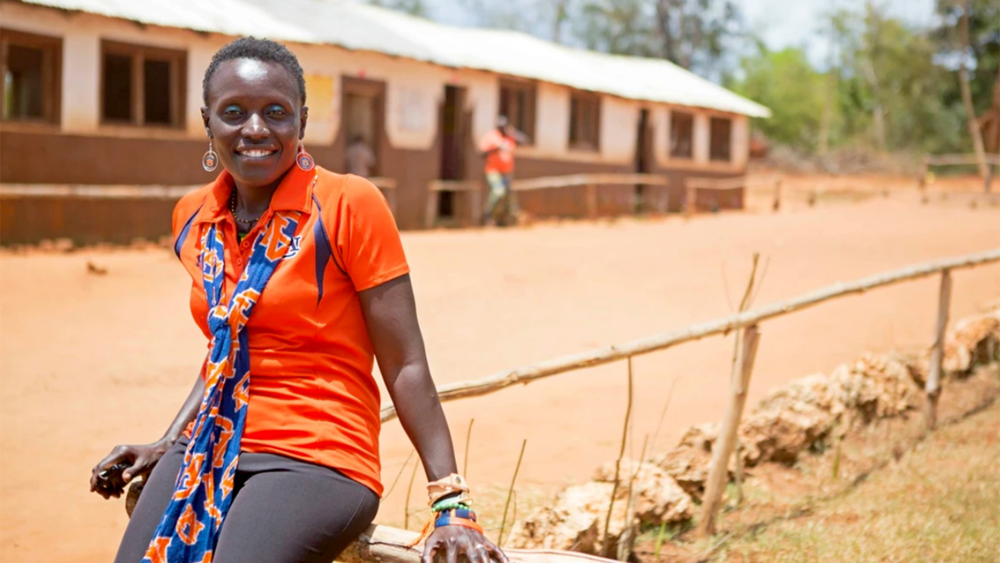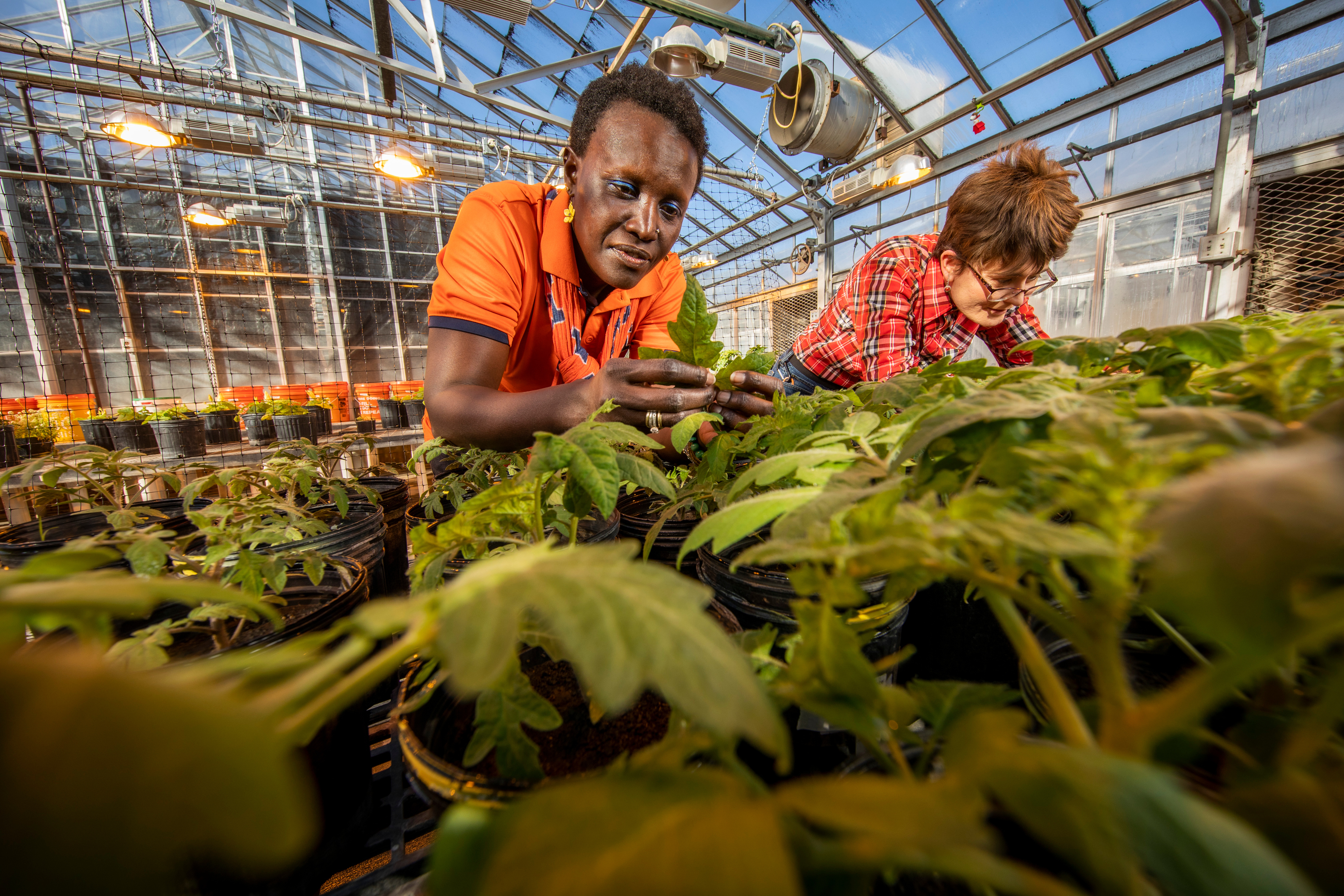
Over the past several years, Dr. Esther Ngumbi has been diligently working to bring science to the public. She has become a standout figure in science communication—writing for national outlets, mentoring young scientists, and advocating for inclusive, engaging ways to make scientific knowledge more accessible.
Through more than 100 essays and op-eds published in outlets like Scientific American, USA Today, The Conversation, Wired, and Inter Press Service, Ngumbi has written on issues ranging from global change and food insecurity to agricultural innovation and science policy. Her pieces are both grounded in rigorous research and are written for broad audiences to easily understand.
In a widely shared 2019 Scientific American article, she urged scientists to embrace communication as a fundamental part of their work. To make research relatable, she draws on vivid analogies—explaining volatile organic compounds, for example, as “911 calls” sent by plants in distress. This kind of creative translation helps demystify science for non-specialists, whether in the classroom, the community, or national media.
Ngumbi’s advocacy for clear, equitable science communication has also extended into digital innovation. In a December 2024 essay for Inter Press Service, she encouraged researchers to adopt tools like AI-generated summaries to make their work more discoverable and digestible for the public. Throughout, her message is consistent: scientists must meet people where they are, and empower them with knowledge that is understandable, useful, and relevant.

What makes her communication so effective isn’t just her scientific clarity—it’s the personal voice she brings to each story. Her recent essays for NPR’s Goats and Soda blog, published for Mother’s Day and Father’s Day in 2025, offer moving examples. In these pieces, she reflects on her upbringing in coastal Kenya and the values that shaped her career: her mother’s insistence on hard work, and her father’s determination to educate all four of his daughters despite cultural resistance.
These stories aren’t just tributes—they’re powerful vehicles for talking about gender equity, education, and scientific ambition. By sharing her journey from a small farming village to a university lab, Ngumbi helps readers connect science to lived experience. For many, these essays serve as an invitation: to see themselves in science, and to believe that knowledge can be both personal and transformative.
In 2021, the American Association for the Advancement of Science honored Ngumbi with the Mani L. Bhaumik Award for Public Engagement with Science, recognizing her as one of the most prolific and impactful science communicators of her generation. The award celebrates not only her writing, but her mentorship of underrepresented students and her ongoing leadership in science outreach on campus and around the world.